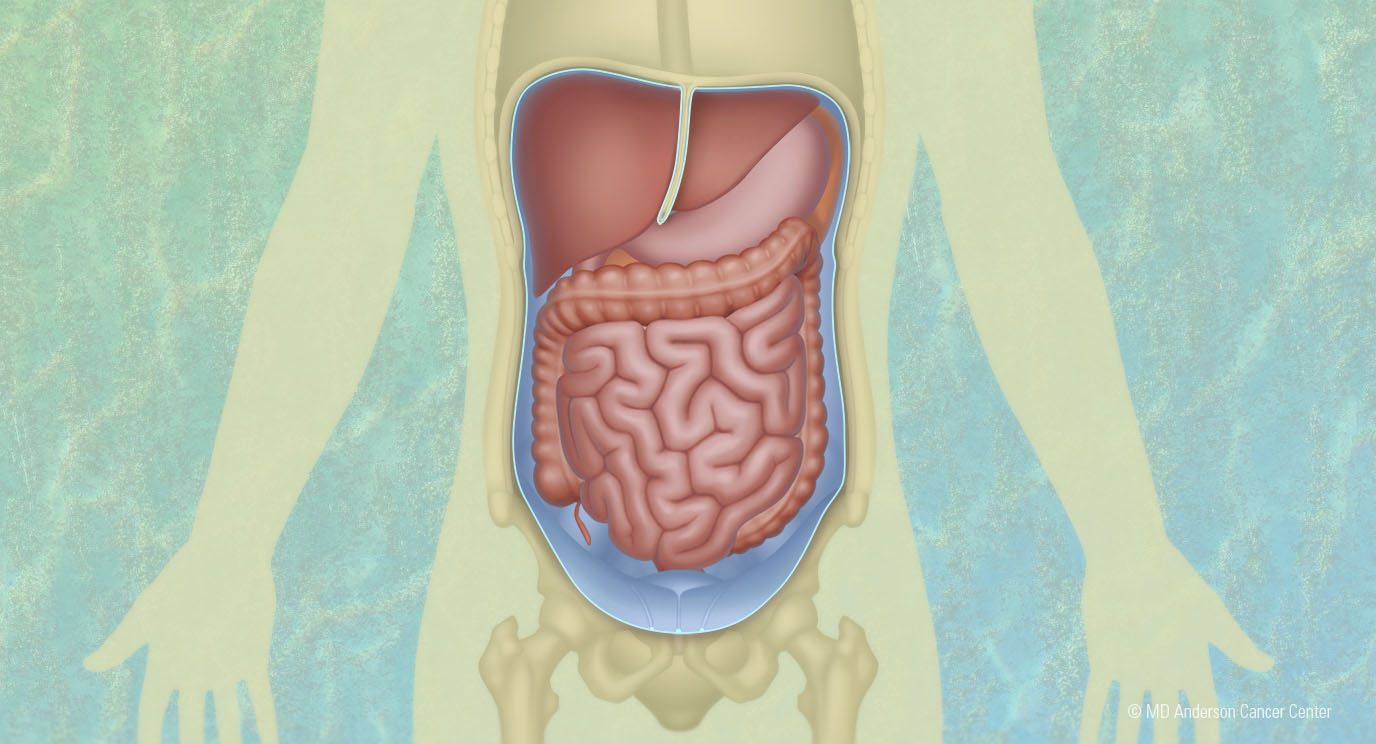peritoneal mesothelioma
 Overview of peritoneal mesothelioma causes and symptoms
Overview of peritoneal mesothelioma causes and symptoms
 As someone who has been diagnosed with peritoneal mesothelioma, I understand how overwhelming it can be to receive this news.
As someone who has been diagnosed with peritoneal mesothelioma, I understand how overwhelming it can be to receive this news.
Peritoneal mesothelioma is a rare cancer that affects the lining of the abdomen.
It is caused by exposure to asbestos fibers, which can become lodged in the lining of the abdomen and cause tumors to form.
The symptoms of peritoneal mesothelioma can vary from person to person, but some common signs include:
- Abdominal pain or swelling
- Nausea and vomiting
- Loss of appetite and weight loss
- Fatigue and weakness
- Bowel changes
If you are experiencing any of these symptoms, it's important to see your doctor right away.
They can perform tests to determine if you have peritoneal mesothelioma and recommend treatment options.
Treatment Options for Peritoneal Mesothelioma
As someone who has experienced peritoneal mesothelioma, I know firsthand that there are several treatment options available.
The type of treatment recommended will depend on the extent and stage of the cancer.
Surgery
Surgery is often the first line of treatment for peritoneal mesothelioma.
During surgery, the tumors are removed from the lining of the abdomen.
This can help alleviate symptoms and slow the progression of the cancer.
One surgical option is called cytoreductive surgery, which involves removing as much of the cancerous tissue as possible.
This is often followed by a procedure called heated intraperitoneal chemotherapy (HIPEC), which involves circulating heated chemotherapy drugs throughout the abdomen to kill any remaining cancer cells.
Chemotherapy
Chemotherapy is another option for treating peritoneal mesothelioma.
Chemotherapy uses drugs to kill cancer cells throughout the body.
It can be given orally or intravenously and may be used in combination with surgery or radiation therapy.
One type of chemotherapy that has shown promise in treating peritoneal mesothelioma is called pemetrexed and cisplatin.
This combination has been shown to improve survival rates in some patients.
Radiation Therapy
Radiation therapy uses high-energy beams to kill cancer cells.
It is typically used in conjunction with surgery or chemotherapy to help reduce the size of tumors and prevent them from spreading.
One type of radiation therapy that has shown promise in treating peritoneal mesothelioma is called intensity-modulated radiation therapy (IMRT).
This type of radiation therapy delivers high doses of radiation to the cancerous tissue while minimizing damage to surrounding healthy tissue.
Did you know that clinical trials are also available for patients with peritoneal mesothelioma? These trials test new treatments and therapies to determine their effectiveness in treating the cancer.
Participating in a clinical trial can be a good option for patients who have exhausted all other treatment options or who are looking for alternative treatments.
It's important to talk to your doctor about whether a clinical trial is right for you.
Latest Research and Clinical Trials for Peritoneal Mesothelioma
As someone who has been affected by peritoneal mesothelioma, I know how important it is to stay up-to-date on the latest research and clinical trials.
Fortunately, researchers are continually working to find new treatments and therapies for this rare and aggressive cancer.
New Developments
Some of the latest developments in peritoneal mesothelioma treatment include:
- Immunotherapy: This treatment uses the body's immune system to fight cancer cells.
- Gene therapy: This treatment involves modifying a patient's genes to help them fight cancer more effectively.
- Targeted therapy: This treatment targets specific proteins or genes that are involved in the growth and spread of cancer cells.
Clinical Trials
Clinical trials are also underway to test these and other new treatments for peritoneal mesothelioma.
If you are interested in participating in a clinical trial, talk to your doctor about your options.
It's important to remember that clinical trials are not a guaranteed cure, but they can offer hope and potentially life-saving treatments for those who have exhausted other options.
Benefits and Risks
Before participating in a clinical trial, it's important to understand the potential benefits and risks.
Some benefits of participating in a clinical trial include:
- Access to new and potentially life-saving treatments
- The opportunity to contribute to medical research and help future patients
However, there are also risks involved, such as potential side effects and the possibility that the treatment may not work.
Coping with Peritoneal Mesothelioma Support and Resources
Being diagnosed with peritoneal mesothelioma can be a difficult and emotional experience.
It's important to have a strong support system in place to help you cope with the challenges ahead.
There are many resources available for patients with peritoneal mesothelioma, including:
- Support groups: Joining a support group can provide you with a sense of community and understanding from others who are going through similar experiences
- Counseling: Talking to a mental health professional can help you process your emotions and develop coping strategies
- Palliative care: Palliative care focuses on managing symptoms and improving quality of life for patients with serious illnesses
In addition to these resources, it's important to take care of yourself physically and emotionally.
Eating a healthy diet, getting enough rest, and staying active can all help improve your overall well-being.
Peritoneal mesothelioma is a rare cancer that affects the lining of the abdomen.
It is caused by exposure to asbestos fibers.
Symptoms can include abdominal pain, nausea and vomiting, loss of appetite, fatigue, and bowel changes.
Treatment options include surgery, chemotherapy, radiation therapy, and clinical trials.
Clinical trials are underway to test new treatments for peritoneal mesothelioma.
Support groups, counseling, and palliative care are available to help patients cope with the emotional challenges of the disease.
Taking care of yourself physically and emotionally is important for overall well-being.
You are not alone in this journey – there are many people and resources available to support you.






0 Comments